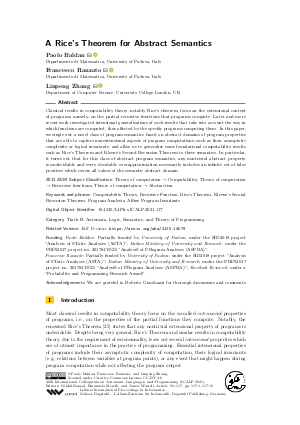LIPIcs.ICALP.2021.117.pdf
- Filesize: 0.78 MB
- 19 pages

 Creative Commons Attribution 4.0 International license
Creative Commons Attribution 4.0 International license






Feedback for Dagstuhl Publishing